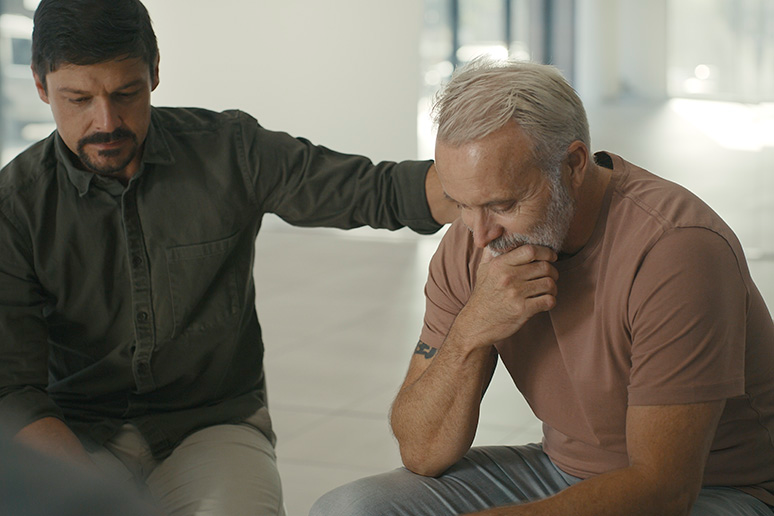According to a 2019 study conducted by the Advisory Board, a company dedicated to researching the challenges that trouble the healthcare industry since 1979, for the first time in history more people are beginning to prefer at home end-of-life care over that of a traditional hospital or hospice care facility. Using U.S. death certificates registered from 2003 to 2017, researchers found that the percentage of home deaths increased by a drastic 29%, with the rate of hospital deaths declining by nearly 25% in that same span of time.
Whether it’s having a better sense of control, feeling more comfortable or just down to a matter of expense, researchers haven’t been able to pinpoint exactly why this statistical trend has occurred. Regardless of the reason, all parties involved must be fully prepared for what happens when someone passing unexpectedly at home.
Get a Legal Pronouncement of Death
If your loved one died in a hospital or nursing home where a doctor was present, the staff will handle procuring a legal pronouncement of death or death certificate. A death certificate is an official document issued by every state and local government, which declares an individual’s cause of death, location of death, time of death and any other pertinent personal information about the deceased.
In the case of a home death, especially if it was unexpected, a medical professional is required to declare an individual legally deceased. In order to do this, call 911 immediately after the individual’s passing. Medical services will transport them to a hospital for confirmation of death and eventually move them to a funeral home if services are already in place.
More often times than not, people don’t have an existing funeral, burial or last will and testament set in place. According to a study conducted by Health Affairs, only one in three Americans currently have an advance directive including a living will, medical instructions and power of attorney naming someone responsible for their end-of-life plans. Even fewer, about 21% of Americans, have plans for their actual funeral arrangements, according to the National Funeral Directors Association.
Meet With a Trusts and Estates Attorney
Before making any burial or funeral arrangements, the best option would be to consult with a trust and estates attorney. With the help of a legal professional who specializes in unexpected and untimely deaths, everything from securing the individual’s property to constructing a will can be sorted out. A trust and estates attorney will help you make a running inventory of the deceased’s assets, from bank accounts, properties, cars, brokerage accounts, personal property, furniture, jewelry and much more.
Additionally, despite the sudden nature of the situation, an attorney specializing in this practice area will be able to quickly identify and notify any other applicable parties of your relatives passing. For example, if your relative received Social Security benefits, then you’ll have to notify the Social Security Administration (SSA) to ensure they stop sending checks.
Coping with the loss of a loved one, expected or not, will always be a difficult process to handle. It’s important to remember that everyone grieves differently therefore there is no correct way or required amount of time. Regardless, surrounding yourself with loved ones, joining a support group or enlisting the help of a legal professional are all healthy first steps on the road to help you cope with this unexpected loss.
 By Gregory Sirico,
By Gregory Sirico, 
